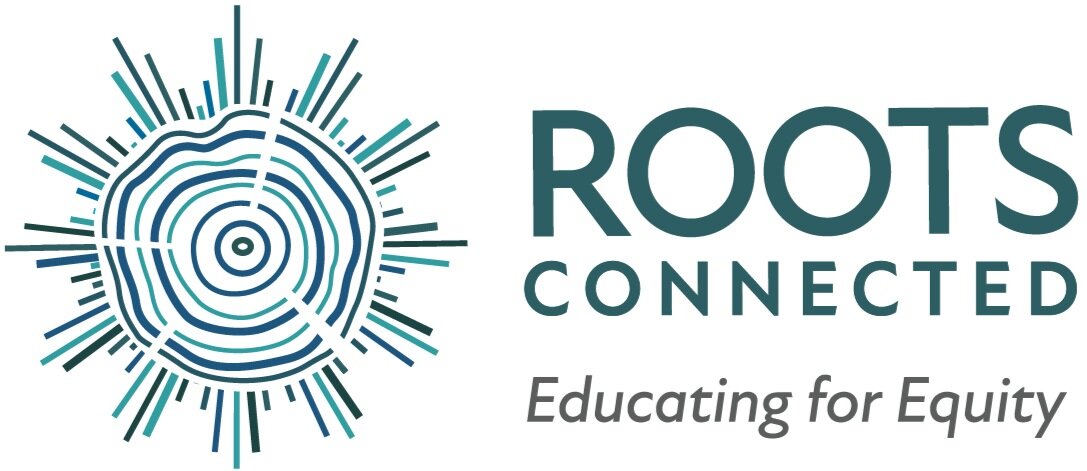Talking Critically about Thanksgiving with Our Kids
A Message from Our Executive Director: Talking Critically about Thanksgiving with Our Kids
Talking Critically about Thanksgiving with Our Kids
Dear Roots ConnectED Community:
As we draw closer to the Thanksgiving holiday, many classrooms and homes will be making space, to not only give thanks, but also to share the “traditional” Thanksgiving story. As these conversations transpire, we want to remind our community to honor the lives and legacy of the Indigenous people of this land. We encourage everyone to move beyond the singular narratives that reinforce negative stereotypes and myths about the Native People of this stolen land.
If you are engaging in Thanksgiving themed activities, texts, or discussions with your students or your own children at home, consider teaching into the following terms to critically examine the myths and dominant stories perpetuated around this holiday:
Bias: The author prefers or favors one idea, person, or group over another.
Omission: The author is completely leaving out one or more perspectives.
Stereotype: The author makes generalizations about a group of people based on one part of their identity.
To support this critical thinking, consider asking the following questions around the dominant stories of Thanksgiving:
What perspectives, practices, and/or people are centered or valued in this book?
Does the author use their power to repeat stereotypes or to challenge them?
If we only knew about Thanksgiving from this perspective, what would we think is true? Why is that a problem?
For further support, the critical literacy questions about power, perspective, and positionality, found on our blog may be a helpful resource. To get support on how to use critical literacy as a tool of anti-bias education in your classroom or at home, our educator workshop and family workshop may also be helpful.
It is essential for students to hear and grapple with counter-narratives in developmentally appropriate ways. Counter-narratives that allow for a depth of thought and understanding, center human stories, and face history are essential. Educating children and ourselves to learn from our history in more honest and complete ways will allow us to move forward, without repeating the injustices from our past. When we share the whole story with our children without bias, omission, and stereotype, it allows our hearts to expand and our consciousness to grow as we strive to create a more equitable world.
We are grateful for this community and this work with all of you.
Sahba Rohani,
Executive Director

